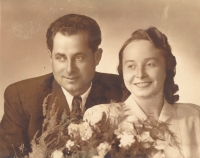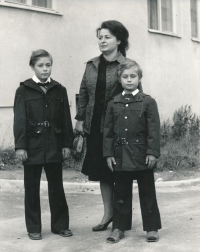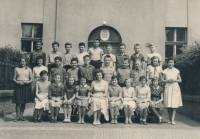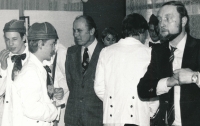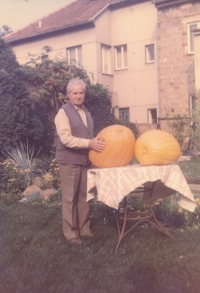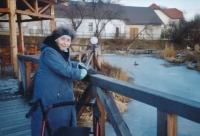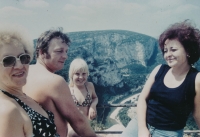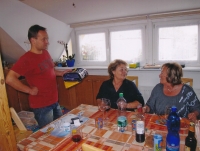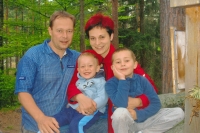I come from a family where we do not like ideology
Download image
Helena Pletichová was born on 22 January 1948. Her parents, Josef Černý and Helena, both came to Prague to work and eventually settled in Starý Chodov, which was still a village at that time. Her mother worked as a teacher all her life; her family owned a gardening business, which they lost after 1948. Her father, a graduate of the secondary school of civil engineering, worked mostly in construction. Thanks to this, he managed to build a small house for the family. He also participated in the construction of the Chodov Sokol gymnasium. His parents’ attitude towards the communist ideology was always very negative and especially his mother never made a secret of her views. Helena Pletichová met her future husband before she graduated from high school; his family originally owned a farm in Starý Chodov. Later, their house was expropriated and slated for demolition. The witness also lived there with her family for several years, but eventually they had to move to a block of flats in Jižní Město. They bore it very hard. That is why they all lived intensely through the period of the Velvet Revolution. A few years after her husband’s untimely death, Helena Pletichová returned to her family home to live with her widowed mother. In 2023 she was living in Prague.
